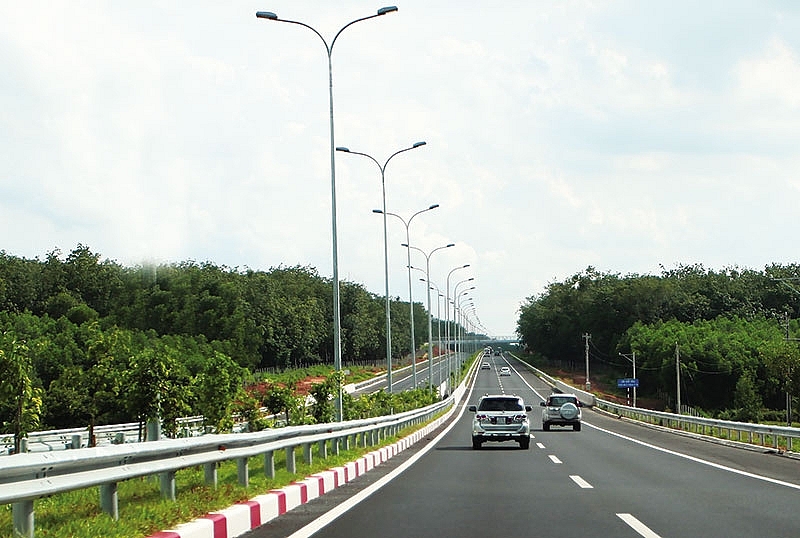
Dau Giay-Phan Thiet Expressway will not be implemented until new legislation can clear up guarantee policies
The prime minister decided in late March to terminate the public-private partnership (PPP) Dau Giay-Phan Thiet Expressway project, the first pilot transport project in PPP format.
“The termination could not be avoided, because investors have been discouraged by unresolved problems relating to the risk-sharing mechanism on exchange rates and the revenue guarantee,” a senior official of the Ministry of Transport (MoT) told VIR.
The Dau Giay-Phan Thiet Expressway project, which requires investment capital of $757.7 million, has been awaiting implementation for more than 10 years. Though many international groups were shortlisted as potential investors, they then withdrew.
Under the PPP investment structure proposed by the World Bank (WB), the key lender for the project, investors must get loans from international credit institutions to carry out the second section instead of getting on-lending loans as planned in the previous investment structure.
And this is where the plan has stalled. “International credit institutions ask the Vietnamese government to directly guarantee the loans, exchange rates, and revenue,” said the MoT official. “This is a major challenge, as these guarantee policies are still missing in the most current laws. Even the newly issued Decree No.15/2015/ND-CP on the PPP investment form does not include these guarantee policies.”
Trying to create a bankable mechanism, MoT has continued to work on its other PPP project, the Tan Van-Nhon Trach section of the Ho Chi Minh City Ring Road 3 project. However, this is now running into the same obstacles as the Dau Giay-Phan Thiet expressway project.
The Tan Van-Nhon Trach section is divided into two packages, 1A and 1B, with Package 1A using Korean official development assistance, and Package 1B to be developed under the PPP format.
While South Korea’s Keximbank is completing the necessary documents to carry out Package 1A, Package 1B has failed to attract foreign investors, though many have expressed interest, and the work mostly remains on paper due to the year-long problem of a lack of guarantee policies.
The amendments to Decree 15 are believed to be currently awaiting the prime ministerial approval. However, obstacles will remain, as guarantee policies are still absent from these amendments.
“We will not pilot new PPP transport projects. The decree cannot solve these problems. We expect new PPP investment legislation to be created soon to clear the bottlenecks,” the MoT official noted.
The drafting of new PPP investment legislation might start as late as 2019, meaning that interested foreign investors who want guarantees will have to wait.
Vietnam is in need of capital for transport development to serve its economic growth. The Ministry of Planning and Investment has estimated that the country needs around $68 billion of foreign investment in the infrastructure sector in the next five years.
VIR